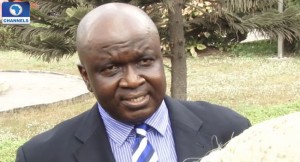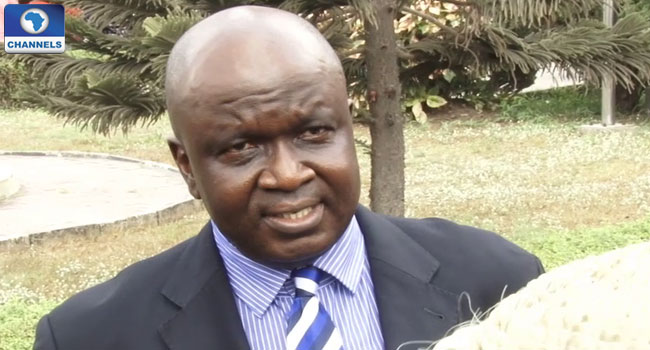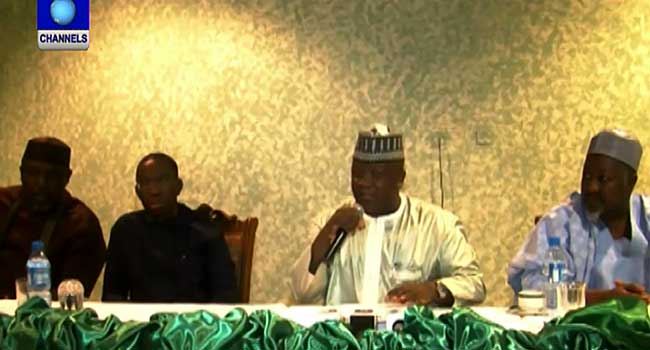
In the fresh affidavit, a former staff of Mr Tarfa’s law firm, one Mohammed Awwal Yinusa, said the 225,000 Naira, which the EFCC claimed was to bribe the judge, was actually paid to him.
The former staff claimed that the account number quoted by the EFCC actually belonged to him.
The case has generated so much interest and everyone was eager to hear the judgment of the fundamental rights enforcement filed by Mr Tarfa.
Mr Tarfa wanted the court to declare that his arrest and detention was illegal.
Amongst other things, he asked the court to award 2.5 billion Naira in his favour and against the EFCC, its acting Chairman, Mr Ibrahim Magu and two operatives of the commission, all of whom he listed as respondents in the suit.
But fresh facts brought by the senior lawyer stalled the judgment.
In a further and better affidavit introducing the fresh facts, a former staff of Mr Tarfa’s law firm, Yinusa, who shared similar names with Justice Mohammed Yinusa, claimed ownership of the account which Mr Tarfa paid in 225,000 Naira.
The EFCC had claimed that Mr Tarfa bribed the judge with the money.
Mr Tarfa had in an earlier affidavit said the money paid to the judge was a donation by a group of friends to commiserate with him over the loss of his father in law.
Mr Tarfa’s lawyer also said that it was in the interest and for the advancement of justice that the court allowed the fresh evidence for the effectual and effective determination of the suit.
But the EFCC said the action was an afterthought and an attempt to mislead the court.
The EFCC also told the court that Mr Tarfa in his extra-judicial statements to the EFCC consistently put his age at 43 instead of 54, a situation that Mr Tarfa’s lawyer said was a mistake which was corrected in the body of the statement he put before the court.
Justice Mohammed Idris has listened to all the arguments and fixed March 2 for his ruling on whether to allow Mr Tarfa adduce fresh facts in the enforcement of his Fundamental Rights Suit before the court.




